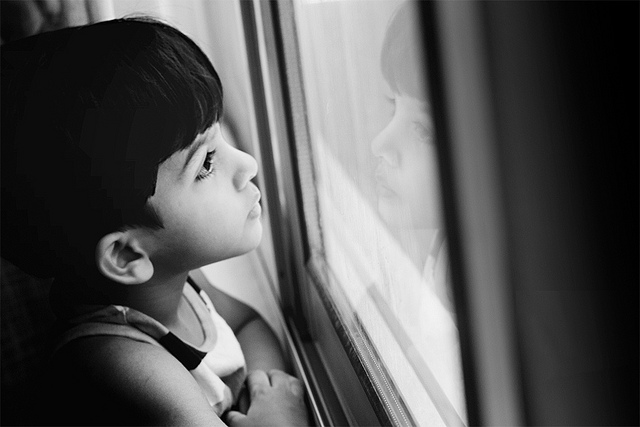It can be frustrating when a child seems unwilling or unable to follow directions, and even more so when they seem not to learn from their mistakes. This lack of self-awareness is problematic at home as well as at school. But this doesn’t mean these kids aren’t good or smart kids.
Self-awareness and self-assessment go hand in hand. The capacity for reflection and metacognition (thinking about one’s thinking) is a major aspect of the self-awareness thinking skill. Some children are simply slower to develop self-awareness skills than others. They may be impulsive and/or unaware of issues in their environment. But self-awareness is a very powerful and necessary skill for higher-order thinking.
In this edition of the LearningWorks for Kids Beyond Games series we’re giving you some strategies for improving a child’s self-awareness and self-assessment.
Self-questioning. Encourage self-assessment by prompting a child to ask questions like, “What am I supposed do for this assignment? Do I know how to do it? What else needs to be done so I can finish it? How well did I do on it?” Help them develop sets of questions like these that can be used in a variety of situations. Be sure to include “Where should I begin?” and “Who might be able to help me with it?”
Self-verbalization. In this same manner, it can help a child to talk to themselves. Encourage a child to their way through a problem by asking them questions like, “Can you think of another way of doing that?” or “What do you know about this subject?” Have them think about and discuss the ways they successfully complete difficult tasks in the past.
Self-talk. Self-awareness and self-assessment can’t happen without the right attitude. The right self-talk can make the difference between “I can do this” and “I might as well not even try.” Instead of self-defeating phrases, help your child get used to saying things like, “I know this stuff,” and “I just need practice.” This goes hand-in-hand with a growth mindset.
Self-esteem. It is not uncommon for kids with executive function difficulties to feel as though they are always making mistakes. They may even feel as though they can’t do anything right — leading to defensiveness and even lying. Help your child feel that monitoring is not just for them but something that is helpful to others as well. An older sibling could check younger siblings’ homework, while younger siblings could check how well older siblings have cleaned their rooms. You can even make a game out of checking. Divide a math assignment in half, completing one half, being sure to make mistakes on your end, while the child completes the other. Correct each others’ work and then discuss the fact that this process let you both catch mistakes that might otherwise have gone unnoticed. You can even use word searches and crossword puzzles. Help them relate the self-checking strategies that were used in these games to checking homework or schoolwork. Check out apps like ChoreMonster and HabitRPG to encourage accountability in fun and familiar ways.
Featured image: Flickr user Rajesh Kumar




